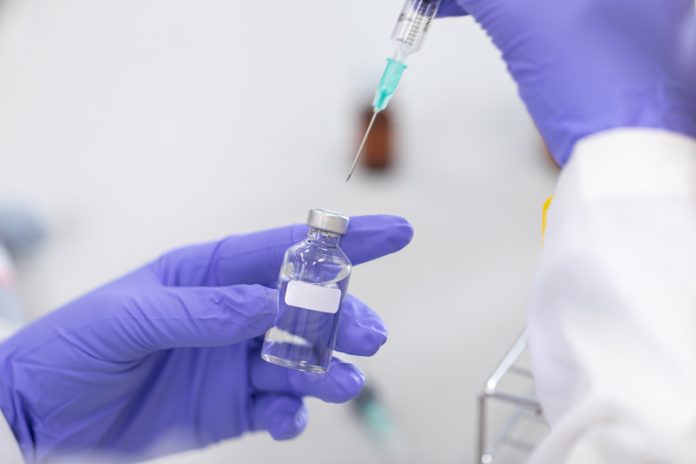A new vaccine, developed by researchers at the Hull York Medical School, to treat leishmaniasis has proved to be safe in the first clinical trials
A new vaccine called ChAd63-KH has been developed by researchers at the Hull York Medical School to treat leishmaniasis, a disease spread by the bite of sandflies.
The vaccine uses a non-replicating virus to introduce genes that code for Leishmania proteins into the human body.
Immune response
The results of the first clinical trial have demonstrated that it is safe and induces immune responses.
Professor Paul Kaye from the Hull York Medical School, principal investigator on the Wellcome Trust Translation Award that funded the development of the vaccine, said:
“We have always thought that vaccines should be our greatest weapon against the different forms of leishmaniasis, but it has been a long journey to develop vaccines for testing in the clinic.
“These results are very encouraging, showing that the vaccine we have developed is safe and immunogenic in patients. It is now important to test this vaccine as a therapy in different forms of leishmaniasis where drugs are poorly effective, and to see if it can prevent the spread of the disease.”
A second trial of the vaccine is currently underway that will determine whether vaccination helps patients to recover from their disease without the need for drugs.
The research paper called “Safety and immunogenicity of ChAd63-KH vaccine in post-kala-azar dermal leishmaniasis patients in Sudan” is published in the journal Molecular Therapy.











